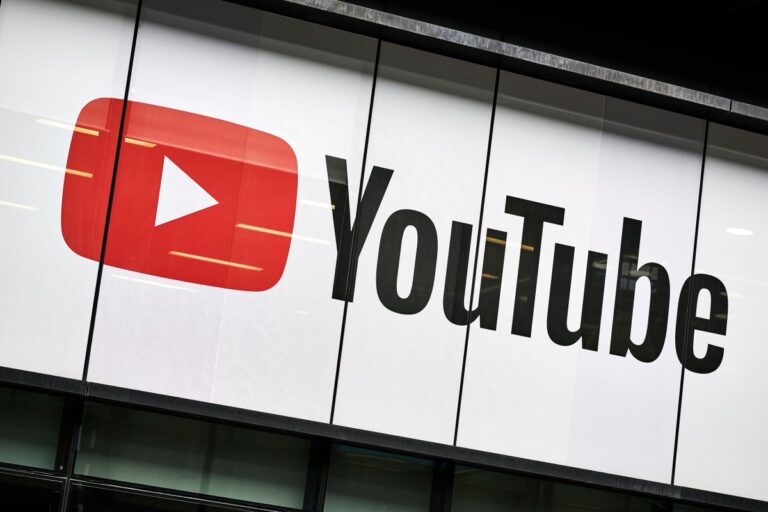Breakthrough Ruling: Authors’ AI Copyright Lawsuit Against Meta Advances
In a significant development in the realm of AI copyright litigation, a federal judge has ruled that a lawsuit involving Meta will proceed, despite some claims being dismissed. This case, known as Kadrey vs. Meta, features prominent authors alleging that their intellectual property rights have been infringed upon by the tech giant’s use of their works in training its Llama AI models.
Overview of the Lawsuit
Authors such as Richard Kadrey, Sarah Silverman, and Ta-Nehisi Coates assert that Meta unlawfully utilized their books to enhance its AI capabilities. They further claim that Meta deliberately removed copyright information from these works to obscure the infringement.
Meta’s Defense
In response, Meta has argued that its actions fall under the doctrine of fair use. The company contends that the authors lack the legal standing to pursue the case. During a recent court session, U.S. District Judge Vince Chhabria appeared skeptical of Meta’s dismissal request, while also critiquing the authors’ legal teams for their “over-the-top” rhetoric.
Judge’s Ruling
In his ruling last Friday, Judge Chhabria acknowledged that the allegations of copyright infringement represent a tangible injury, thus granting the authors standing to sue. He also noted that the plaintiffs have sufficiently claimed that Meta removed Copyright Management Information (CMI) to hide the infringement.
Chhabria commented, “Taken together, these allegations raise a ‘reasonable, if not particularly strong inference’ that Meta removed CMI to prevent Llama from outputting CMI and revealing it was trained on copyrighted material.”
Dismissal of Certain Claims
However, the judge dismissed the authors’ claims related to the California Comprehensive Computer Data Access and Fraud Act (CDAFA), stating that the plaintiffs did not demonstrate that Meta accessed their computers or servers, but only their data through their books.
Implications for AI and Copyright
This lawsuit sheds light on Meta’s approach to copyright issues, with court documents indicating that Mark Zuckerberg authorized the Llama team to train their models using copyrighted materials. Additionally, discussions among Meta employees about utilizing legally dubious content for AI training have surfaced.
Current Landscape of AI Copyright Lawsuits
This case is part of a broader trend, as courts are currently evaluating multiple AI copyright lawsuits, including The New York Times’ lawsuit against OpenAI.
As the legal landscape continues to evolve, the outcomes of these cases will likely have profound implications for the intersection of artificial intelligence and intellectual property rights.







